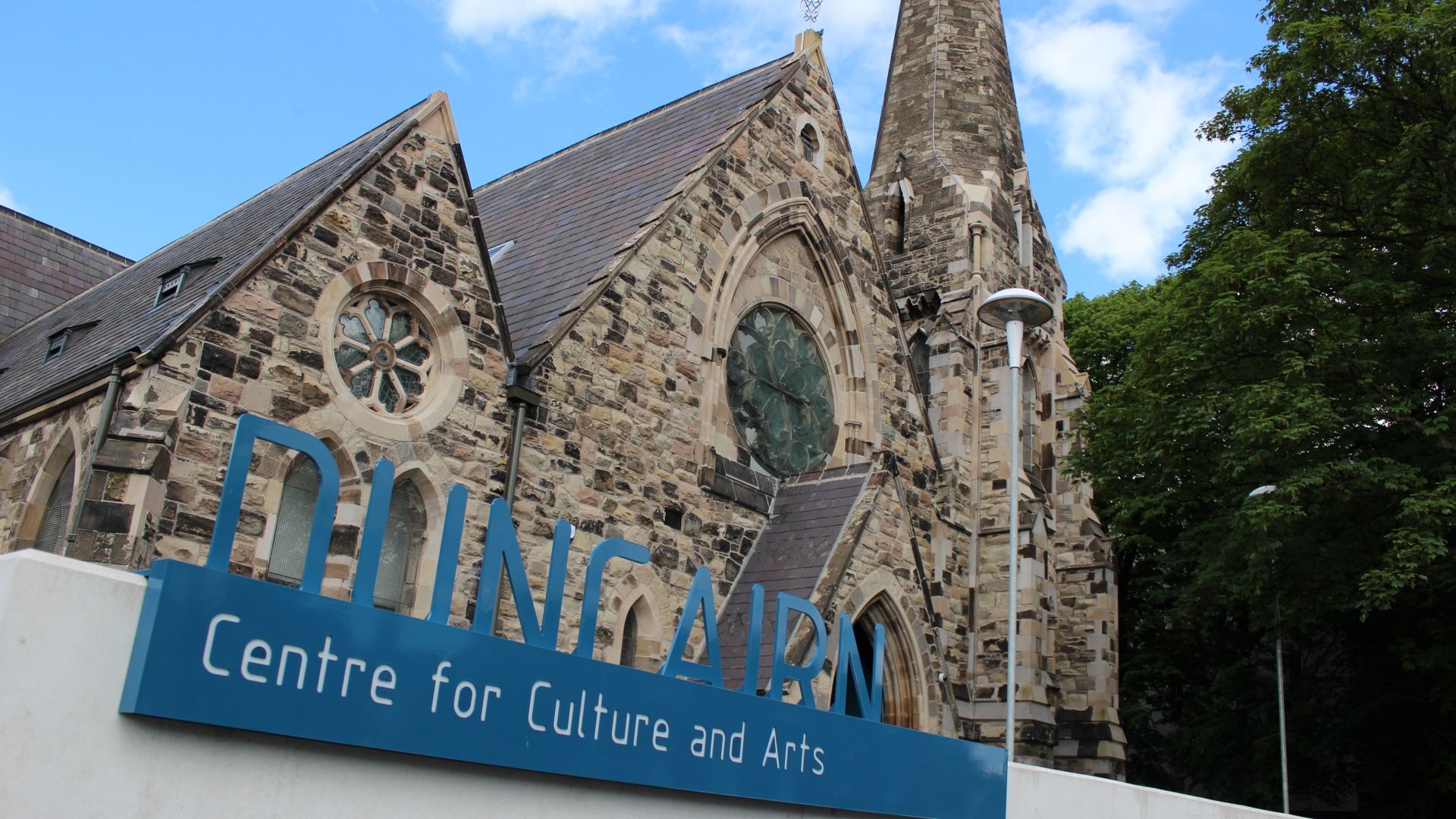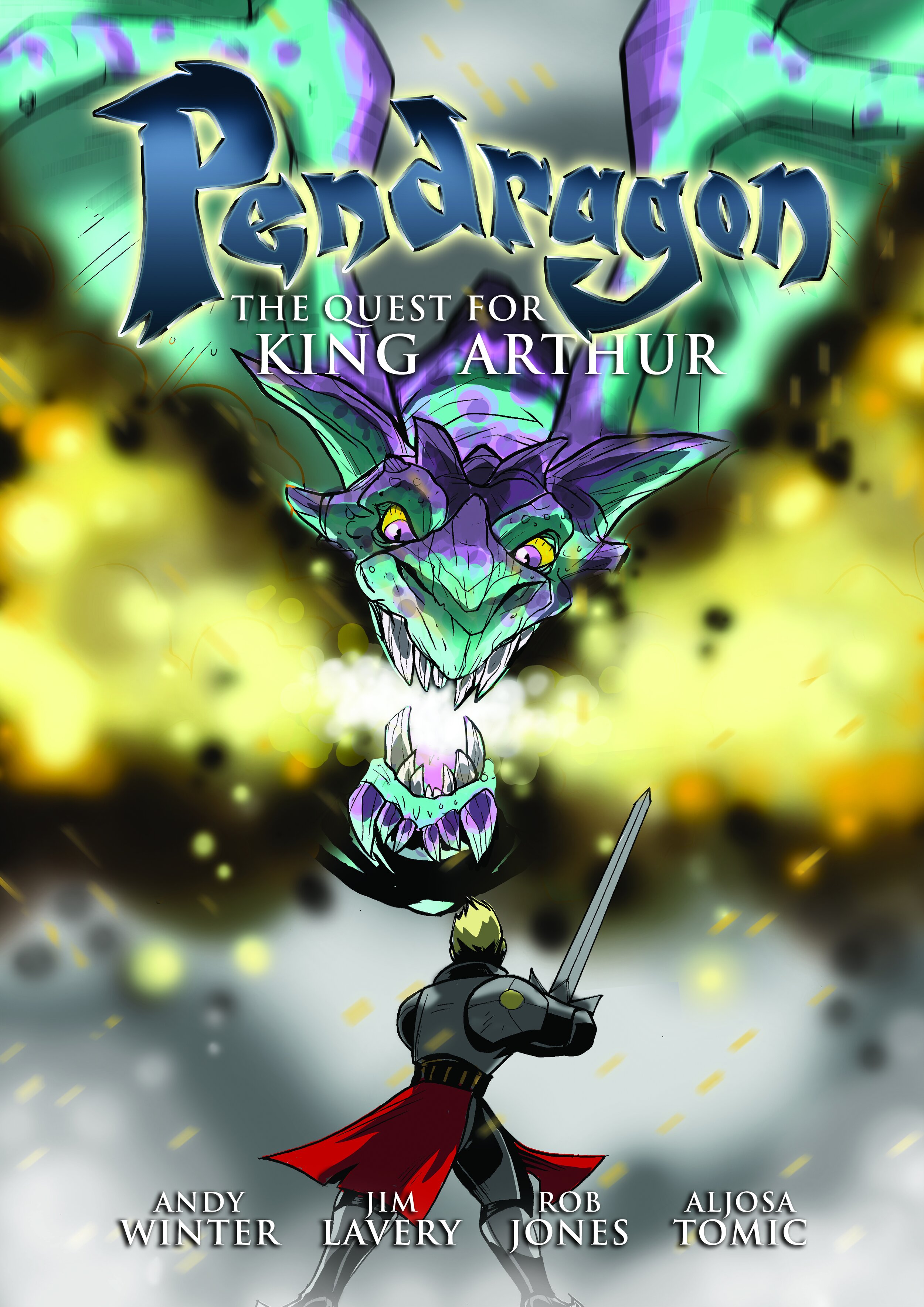Meet the artist: Jim Lavery
Jim Lavery is a very talented comics creator from North Belfast and has recently joined the Duncairn family. He helped us deliver one of ours outreach projects, run by Debbie Young, by giving shape and colour to “Aye Corona”: a collaborative art production featuring poems by families of the North Belfast community. You can read the amazing digital publication here.
During his career, Jim has created several comics and worked with local communities delivering comics workshops.
Today he’s sharing with us his motivations and experiences of being an artist, and we find his answers inspiring!
Let’s start from the beginning. How did you become an artist?
I began to pursue art seriously in my 4th year of secondary school. It became obvious it was where my strengths lay, there seemed to be endless opportunities in terms of different disciplines. like sculpture or photography. Focusing on art made me realise how much I had to treat it as a career, which meant qualifications so I finished my GCSE's, A Levels, Diploma, Degree and so many courses and night classes I can't even remember. The most important thing though, which was really drummed into me at University, is to treat my art seriously, as though it were any other profession, which I've tried to do ever since.
What inspires you most in your work?
When I was very little I was mesmerised by animation, I couldn't understand how the drawings could move, I became obsessed. Around me were comics which were drawn like the cartoons but they obviously didn't move. There wasn't an internet for me to find out, and no-one I knew could tell me how animation works. So trying to make my drawings come to life set me on a journey I'm still on.
Can you tell us one highlight of your career?
One high point was when I had a painting accepted to the RUA (Royal Ulster Academy) annual exhibition. It was my first year out of Art College, I wasn't a student any more so I felt legitimised and as it was hanging in the Ulster Museum it felt extra special.
These are weird times for everyone. How has art helped you cope with lockdown?
Quite often artists have a reputation of being flakey, anyone waiting for me to answer an email or return a phone call probably thinks the same about me, but waiting around for inspiration is the worst thing any artist can do. We all have blocks from time to time but the best thing I have found is to be organised, set times for working, take brakes only at pre-planned times, organise tasks as much as possible and prepare before sitting down to the job at hand. This approach has helped me through the lockdown, especially with the additional distraction of children, having a structure to each day allows me to avoid dwelling on the stress too much.
Tell us, what’s the point of being creative?
It gives form to the energy coming from inside. We all generate energy through thoughts, movement and noise, being creative is just making that energy into something for others to experience. Singers make love into a song, Sculptors see a human body inside a rock and Writers can create the world with 26 letters.
You deliver workshops, why should people learn how to create comics?
I've been really lucky to take workshops on making comics which people really respond to, but under the surface is an art form that lets all of us become really effective at communicating, sometimes even traumatic and difficult events or feelings. What's even better is that we already use images to express feelings in emojis'. We, especially children, can unlock ourselves by developing simple drawing skills.
What is the best thing about working with communities in North Belfast?
I'm fairly new to this and we've been sidetracked by the lockdown but being from Belfast and having family in North Belfast I've been watching in anger and frustration the struggles, particularly for young people, with mental health, substance abuse, suicide and all the other issues that have been going on for years. I'm not sure how things are going to work out but I hope I can return the warmth I received at the Duncairn Centre and from Debbie Young in particular.
you can follow Jim Lavery on






